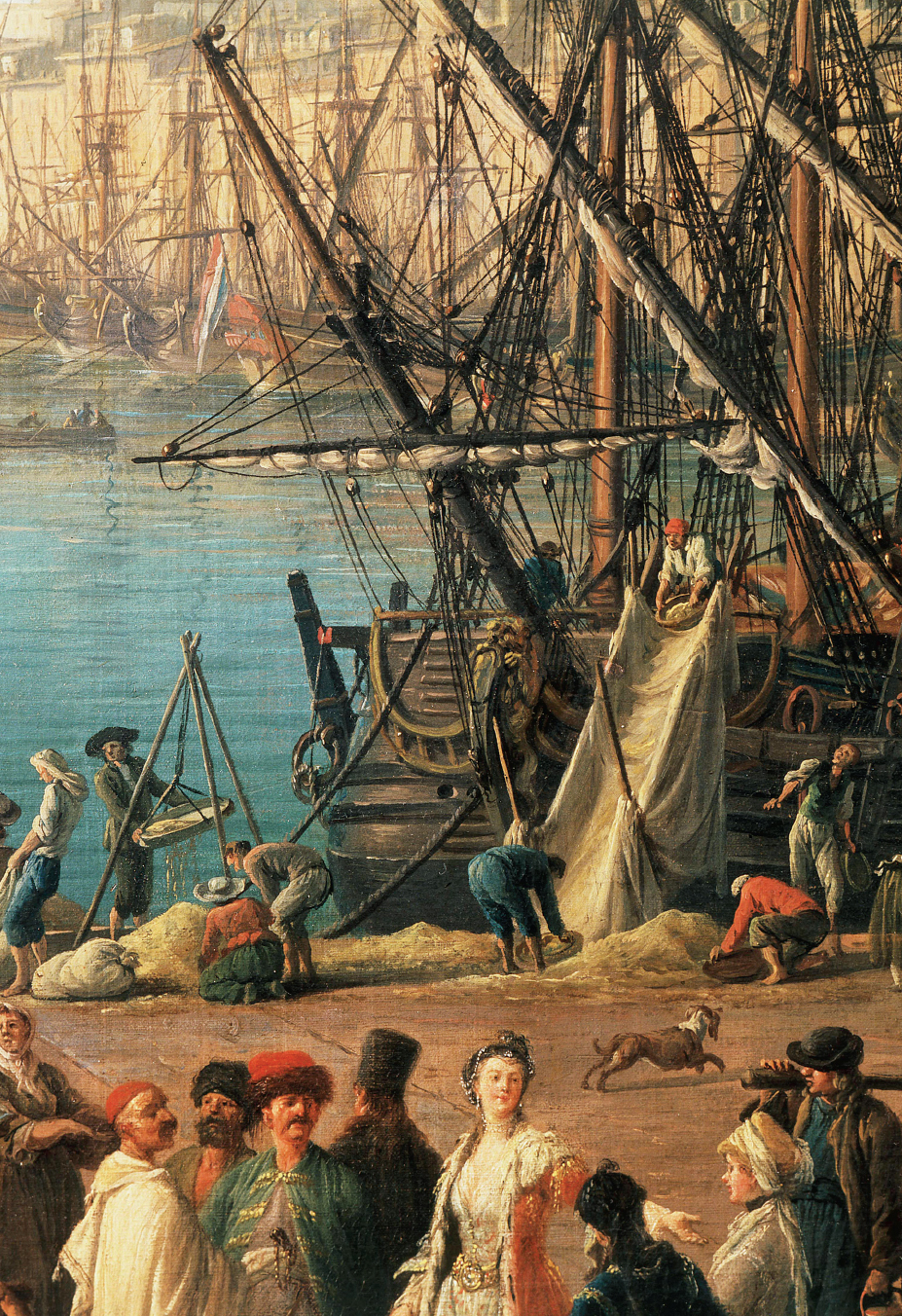Introduction for Chapter 17
17. The Expansion of Europe, 1650–1800
>How and why did the society and economy of Europe change in the eighteenth century? Chapter 17 examines European demographic and economic changes in the eighteenth century. In 1700, peasants on the land and artisans in their shops lived little better than had their ancestors in the Middle Ages. Yet the economic basis of European life was beginning to change. In the course of the eighteenth century, the European economy emerged from the long crisis of the seventeenth century, responded to challenges, and began to expand once again. Population resumed its growth, while colonial empires extended and developed. This expansion of agriculture, industry, trade, and population led toward one of the most influential developments in human history, the Industrial Revolution, a topic considered in Chapter 20.
LearningCurve
After reading the chapter, use LearningCurve to retain what you’ve read.

>How did European agriculture change between 1650 and 1800?
>Why did the European population rise dramatically in the eighteenth century?
>How and why did rural industry intensify in the eighteenth century?
>What were guilds, and why did they become controversial in the eighteenth century?
>What role did colonial markets play in Europe’s development?
| 1600– |
1756– |
| – Growth in agriculture, pioneered by the Dutch Republic and England | – Seven Years’ War |
| 1651– |
1760– |
| – British Navigation Acts | – Height of parliamentary enclosure in England |
| 1652– |
1763 |
| – Anglo- |
– Treaty of Paris; France cedes its possessions in India and North America |
| 1700– |
1770 |
| – Height of Atlantic slave trade; expansion of rural industry in Europe | – James Cook claims the east coast of Australia for England |
| 1701– |
1776 |
| – British and French mercantilist wars of empire | – Adam Smith publishes An Inquiry into the Nature and Causes of the Wealth of Nations |
| 1720– |
1805 |
| – Last outbreak of bubonic plague in Europe | – British takeover of India complete |
| 1720– |
1807 |
| – Growth of European population | – British slave trade abolished |